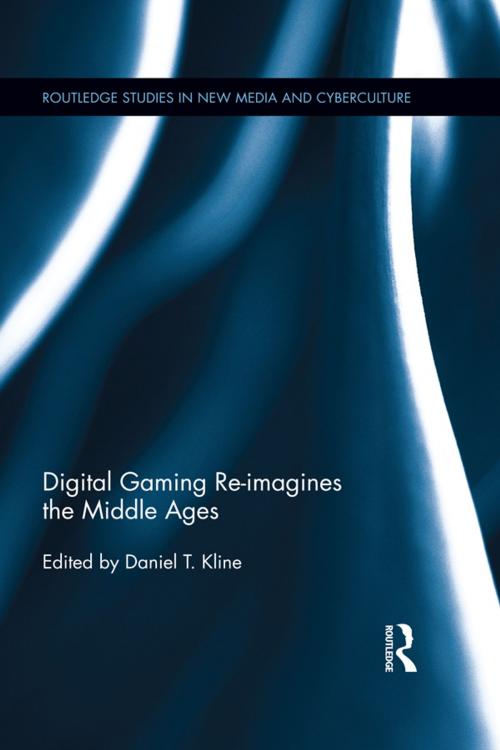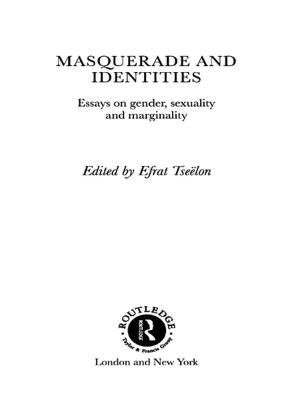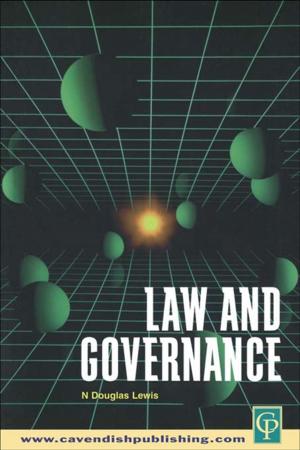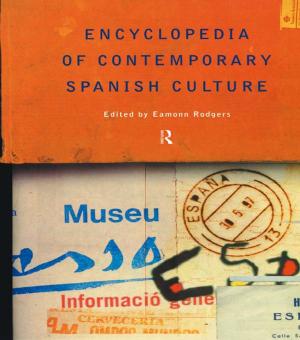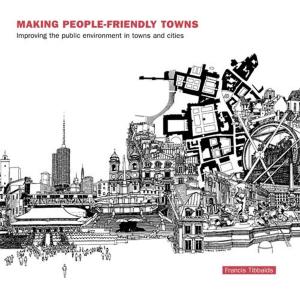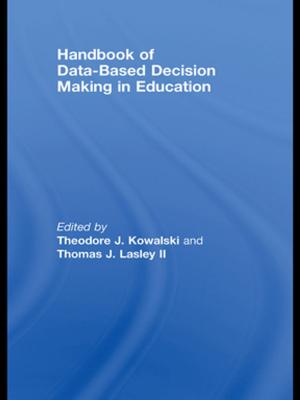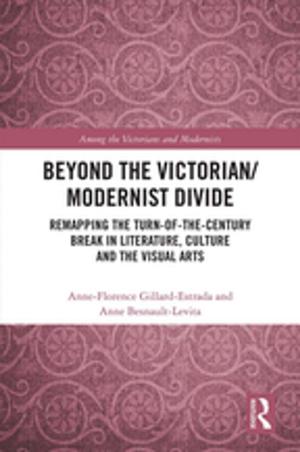Digital Gaming Re-imagines the Middle Ages
Nonfiction, Entertainment, Games, Video & Electronic, Computers, Entertainment & Games, Video & Electronic Games, Social & Cultural Studies, Social Science| Author: | ISBN: | 9781136221828 | |
| Publisher: | Taylor and Francis | Publication: | September 11, 2013 |
| Imprint: | Routledge | Language: | English |
| Author: | |
| ISBN: | 9781136221828 |
| Publisher: | Taylor and Francis |
| Publication: | September 11, 2013 |
| Imprint: | Routledge |
| Language: | English |
Digital gaming’s cultural significance is often minimized much in the same way that the Middle Ages are discounted as the backward and childish precursor to the modern period. Digital Gaming Reimagines the Middle Ages challenges both perceptions by examining how the Middle Ages have persisted into the contemporary world via digital games as well as analyzing how digital gaming translates, adapts, and remediates medieval stories, themes, characters, and tropes in interactive electronic environments. At the same time, the Middle Ages are reinterpreted according to contemporary concerns and conflicts, in all their complexity. Rather than a distinct time in the past, the Middle Ages form a space in which theory and narrative, gaming and textuality, identity and society are remediated and reimagined. Together, the essays demonstrate that while having its roots firmly in narrative traditions, neomedieval gaming—where neomedievalism no longer negotiates with any reality beyond itself and other medievalisms—creates cultural palimpsests, multiply-layered trans-temporal artifacts. Digital Gaming Re-imagines the Middle Ages demonstrates that the medieval is more than just a stockpile of historically static facts but is a living, subversive presence in contemporary culture.
Digital gaming’s cultural significance is often minimized much in the same way that the Middle Ages are discounted as the backward and childish precursor to the modern period. Digital Gaming Reimagines the Middle Ages challenges both perceptions by examining how the Middle Ages have persisted into the contemporary world via digital games as well as analyzing how digital gaming translates, adapts, and remediates medieval stories, themes, characters, and tropes in interactive electronic environments. At the same time, the Middle Ages are reinterpreted according to contemporary concerns and conflicts, in all their complexity. Rather than a distinct time in the past, the Middle Ages form a space in which theory and narrative, gaming and textuality, identity and society are remediated and reimagined. Together, the essays demonstrate that while having its roots firmly in narrative traditions, neomedieval gaming—where neomedievalism no longer negotiates with any reality beyond itself and other medievalisms—creates cultural palimpsests, multiply-layered trans-temporal artifacts. Digital Gaming Re-imagines the Middle Ages demonstrates that the medieval is more than just a stockpile of historically static facts but is a living, subversive presence in contemporary culture.
